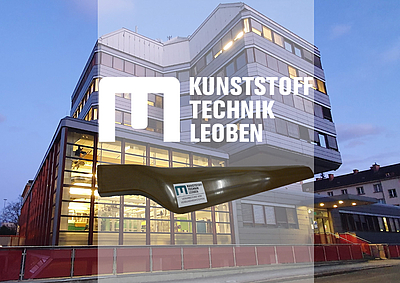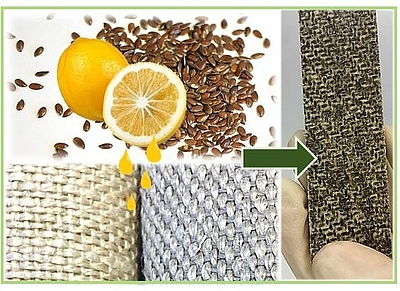Lightweight polymer construction
10.08.2022
The Montanuniversität Leoben (University of Leoben) works on polymer lightweight construction for various differnt fields of application with a sound understanding of the materials, micro- and macromechanical modelling expertise and on the basis of broadly based processing technology.
The Polymer Engineering and Science department at Leoben recently celebrated its 50th anniversary. The University of Leoben has a long tradition of research into plastics as a lightweight material in line with the guiding principle "From the raw material to the finished product". One particular focus is fibre-reinforced polymers, especially continuously and oriented reinforced high-performance composites. The Polymers and Composites Design, Composite Materials Processing and Materials Science and Testing of Polymers groups collaborate in line with the A2LT focus topis, on making lightweight construction affordable, sustainable and intelligent. Optimised, innovative materials, test methods and parts are developed here.
From the micro to the part level
Research work on modelling and simulation for component design is performed on a wide range of length scales for a variety of application areas.. Structural mechanical analyses based on finite elements, optimisation methods and analytical approaches provide the information on the required material structure. Implementing this relies on a wide range of different processing technologies, which are upgraded for improved efficiency through the development of smart monitoring and control solutions.
Focus on sustainability
Alternative raw materials as a replacement for fossile basic materials are hugely significant. Matrix materials where virtually 100 percent of the carbon content comes from regenerative sources, in combination with textile reinforcements made from natural fibres, enable lightweight construction properties that are fully competitive with conventional fibre-reinforced plastics. Accompanying profitability studies and life cycle assessments help to ensure that the developments not only deliver maximum feasibility, but also affordability and sustainability as a result.
Understanding of fundamentals and application orientation
With the aim of developing a sound understanding of the fundamentals and deriving methodological competence from this, a major part of the research takes place in cooperation with industrial partners. Focusing on the questions arising from the applications guarantees high implementation potential for the research results.
Otto Glöckel-Straße 2 +43 3842 402 2901 Plastics and Composites Design Composite Materials Processing Materials Science and Testing of Polymers |  |

